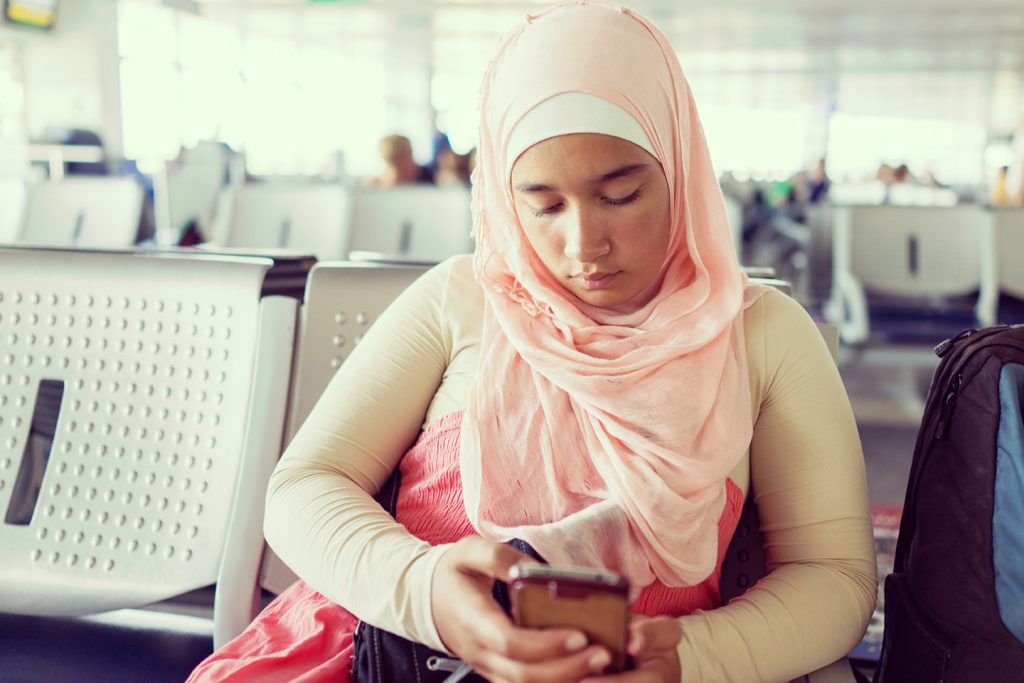
In September, President Trump issued a new and (not so) improved version of the executive order, informally known as the Muslim travel ban. The new order expands the former travel ban, which expired not long before the updated version was signed last month, adding Chad, Venezuela and North Korea to the list of restricted countries, while subtracting Sudan. The new ban was purportedly constructed with the help of other countries from around the world. Certain countries, like Venezuela, only have minimal restrictions applying primarily to security officials, while other (mostly Muslim) nations have been placed under much stricter conditions. Federal Judges in Hawaii and Maryland have struck down the order, saying it is clearly meant to target Muslims and is therefore unconstitutional. The Supreme Court is likely to consider the new order in the months to come.
The Supreme Court Dismisses Case
More recently, the US Supreme Court has decided to dismiss a case concerning the President’s second travel ban, as the provisions in question are no longer enforceable. In this sense, the highest court’s decision was a technicality; however, as noted by the New York Times, Justices decided, not only to skip a decision on the matter, but to vacate the Ninth Circuit’s ruling. This means that future court decisions cannot use, as precedent, the lower court’s judgment to enjoin the travel ban.
Sotomayor
In the order, filed on October 24th, Justice Sonia Sotomayor made it very clear that she wanted nothing to do with the decision to vacate the judgement. She would rather “dismiss the writ of certiorari as improvidently granted,” in which case the justices would opt out of rendering a decision, while leaving the lower court’s judgment intact.
Ninth and Fourth
The Ninth Circuit ruled against the travel ban because in signing the order and in suspending the national refugee program, the President breached the statutory limits of the executive office – namely the Presidential powers granted in 8 U.S.C. 1182(f). The Fourth Circuit also ruled against the order, arguing that the travel ban targeted Muslims, in violation of the Establishment Clause of the First Amendment, which protects against religious persecution. The Supreme Court dismissed and vacated the Fourth Circuit’s judgment earlier this month.
Looking Ahead
Because the Ninth Circuit’s decision has been vacated, the Hawaii decision, rendered by District Judge Derrick Watson, will not likely survive the Supreme Court, as it heavily depends on the Ninth Circuit judgment. However, as observed by Garrett Epps, of The Atlantic, the Maryland decision might carry some weight, as the judge who rendered the opinion is an expert on immigration law.
Building an Argument
In the court order, District Court Judge Theodore Chuang rejected the argument of the Ninth Circuit, saying it relies too heavily on a statute that grants the President seemingly unlimited power – that is, the statute in question (8 U.S.C. 1182(f)) does not actually set any limits on the President’s ability to bar entry into this country. Instead, Chuang proposed building an argument on 8 U.S.C. 1152(a), which explicitly states that “no person shall … be discriminated against in the issuance of an immigrant visa because of … nationality.” This law, Chuang claimed, prevents the president from impeding immigration visa applications.
Further Arguments
Going further, Chuang argued that the Establishment Clause applies to the ban as well, appealing to unofficial statements made by the president. Specifically, Chuang noted, “Trump tweeted a statement that […] shooting Muslims with bullets dipped in pig’s blood should be used to deter future terrorism.” This tweet, and comments like it, support the notion that the ban is a form of religious discrimination. The District Court Judge also said the administration’s claims that the new ban is the result of a collaborative review are unfounded because there are barely any substantial differences between the new order and the older one.
Ultimately, Chuang found that certain restrictions could remain intact – specifically, ones pertaining to North Korea and Venezuela – and that people looking to travel to the US from certain countries would still need to have a “bone fide” relationship with a US resident.



Leave a Comment